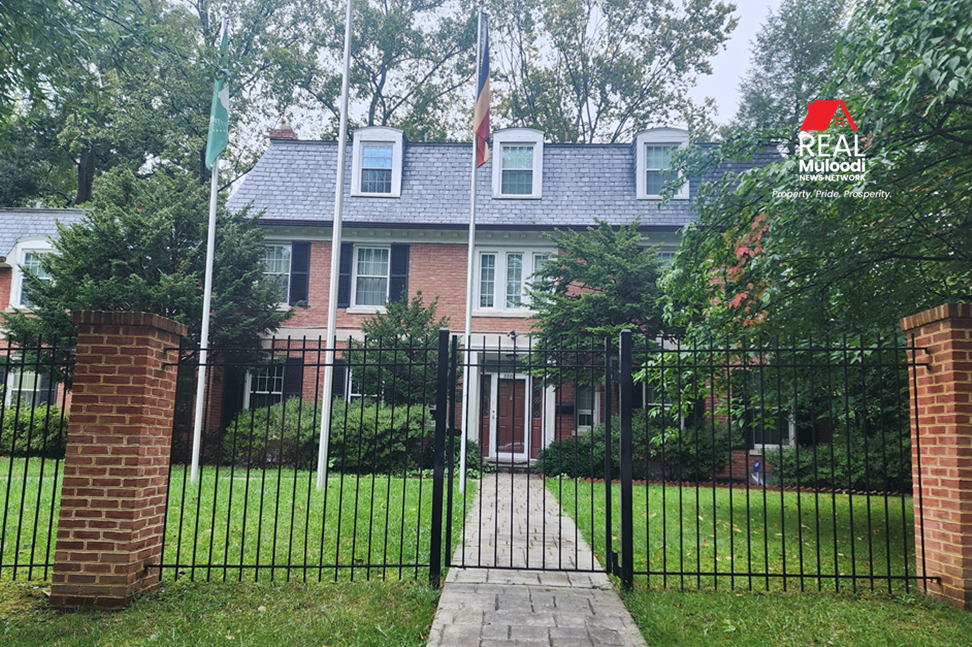UGANDA, Kampala | Real Muloodi News | The Uganda High Commission in Ottawa, Canada, has sparked controversy by demolishing an official diplomatic residence, a move that has drawn criticism from residents and authorities.
The demolition of the stucco house, located along Mariposa Avenue in the Rockcliffe Park neighbourhood of Ottawa, has raised concerns as the property had “heritage protection” under Canadian laws.
The High Commission plans to replace it with an eight-story structure, igniting fury among residents and officials.
According to reports by the Canadian Broadcasting Corporation (CBC) on February 9, the unauthorised demolition of the 67-year-old house has angered both area residents and local authorities.
The house, despite its deteriorating condition and condemnation by the Ottawa City Council, was under “heritage protection” as per the Ontario Heritage Act.
Residents and authorities had advocated for the renovation of the property to preserve its heritage, but the High Commission proceeded with plans for a larger, taller building, including amenities like a swimming pool.
Officials from the neighbourhood residents’ association have urged the Ottawa City Council to intervene and prevent the redevelopment, emphasising the importance of preserving heritage properties.
However, the High Commission’s actions have sparked accusations of indifference and contempt from authorities and residents alike. The commission has faced criticism for failing to provide adequate explanations for its decision.
The controversy surrounding the demolition has prompted calls for alterations to the proposed redesign, with local authorities considering legal action against the construction company hired by the High Commission.
Despite facing backlash, the High Commission maintains its plans for the redevelopment project.
Meanwhile, the Uganda High Commission in Ottawa is not new to controversy regarding property management.
Another property owned by the commission along Cobourg Street in the Sandy Hill neighbourhood faces similar challenges.
Despite being listed as condemned in the Auditor General’s report, the commission has attempted to demolish the two-story house, which also enjoys heritage protection under Canadian laws.
However, previous attempts to demolish the property in 2018 were rejected by Sandy Hill authorities.
The situation in Ottawa underscores broader concerns about the management of Ugandan diplomatic properties abroad.
In Washington DC, Uganda’s ambassadorial residence has been closed for nearly two years due to renovation delays.
The residence, located in the upscale Kent neighbourhood, has fallen into disrepair, with broken water pipes and structural issues.
Efforts to renovate the property have been stalled, prompting speculation about a possible sale and purchase of a new residence.
As the controversy unfolds, the Ministry of Finance has indicated that renovation plans for the ambassadorial residence in Washington DC remain on hold due to funding constraints.
However, concerns persist about the transparency and accountability of property management by Ugandan diplomatic missions abroad, highlighting the need for greater oversight and adherence to legal and heritage preservation standards.
READ MORE LIKE THIS:
Former Kabaka Mutesa Private Residence Transformed into Museum
Entebbe Authorities Outline Plans to Refurbish Old Structures
President Museveni Greenlights Transformation of Luzira Prison into Luxury Hotel



